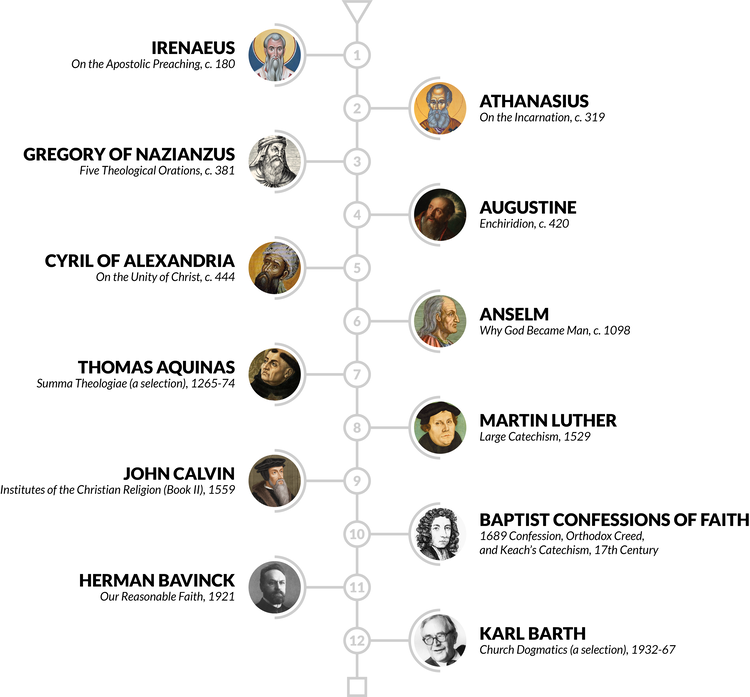(This brief article was published in the Advocate in August 2021 (page 13), the third in a series of articles on spiritual growth. The Advocate is published by the Baptist Churches of Western Australia.)
Many years ago, Monica and I took our youth group for an all-you-can-eat buffet at Pizza Hut. During the evening, I saw a some guys at another table, probably stoned, one ‘resting’ his face in the pizza pan. I smirked. “Look at him!” Monica, concerned for the youth, whispered quietly, “The only difference between you and him, is Jesus.”
Monica was right. My smug sense of self-satisfaction, my snide superiority, my willingness to gloat over the failure of another all pointed in one direction: I had completely misunderstood, or even worse forgotten, the grace of God.
There are two ways to misunderstand grace: one is the way of self-righteousness: I assumed I was ‘more righteous’ than someone else because my life ‘looked better.’ The other is to fail to realise the depths of God’s goodness and love, and so fail to receive—and live in—the reality of this grace.
The two errors often are connected. The first error forgets that all of us lives only by the forgiveness of sins, not our own performance. The second error doesn’t quite believe that God can really forgive our sin. We still feel shame in our hearts and perhaps believe that we are beyond forgiveness. This shame is compounded when we believe that if others knew who we truly were and what we have done, they would never love us. Therefore, we learn to hide what we think is the ‘real’ me; we work harder, wear masks, and practise image-management, trying to earn our belonging, and prove our worthiness. We hide, and we perform.
Both errors indicate graceless community. The self-righteous person parades their own virtue and judges others—as I did, creating an environment where it is not safe to be less than perfect. They cannot create gospel community because they don’t believe the gospel. Their so-called righteousness is their own work and not the work of God’s grace. They have not learned to receive God’s love so they cannot show it to others. Where self-righteousness reigns, only moralistic communities are formed, and these can never become communities of grace and healing. Without a living experience of God’s mercy and grace we are like Adam and Eve in the garden, hiding from God—and from one another—in fear and shame. The possibility of gospel community is destroyed because self-righteousness destroys openness and trust.
Gospel communities are places of healing and growth because God’s grace has become real in the believers’ lives. We find a place where we are truly known, even in our sin, and yet deeply loved. We find a place where God’s love, acceptance, and forgiveness is mediated to us through others. Convinced of this love, we take the risk of letting our masks slip. We begin to expose our struggles—our hearts—to another, and healing grace begins its work. Believing—experiencing!—God’s love and forgiveness through others, we learn to trust him more deeply—and to offer the same love to others. This is gospel community.
Picture Credit: Katie Workman



